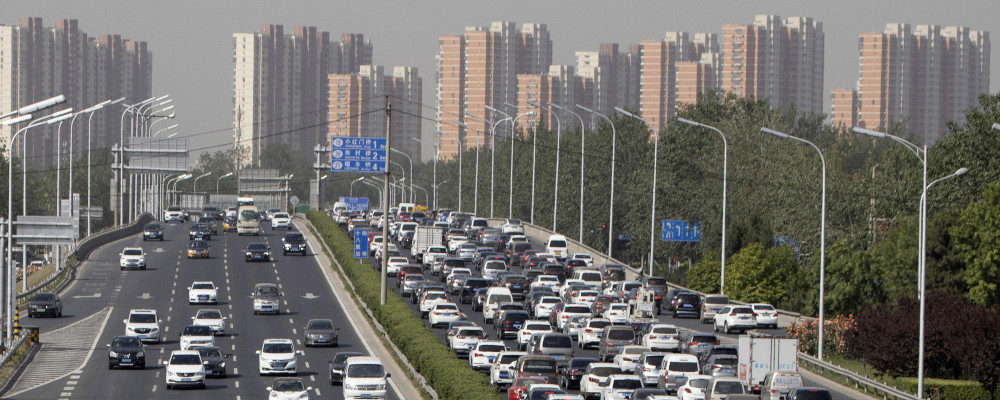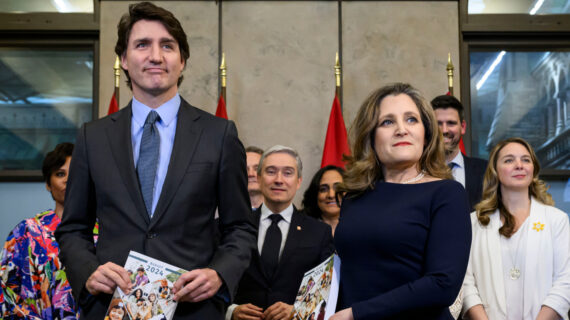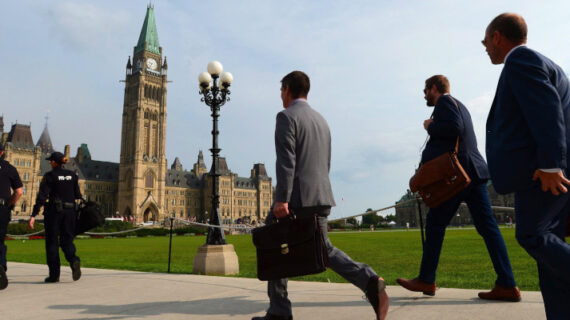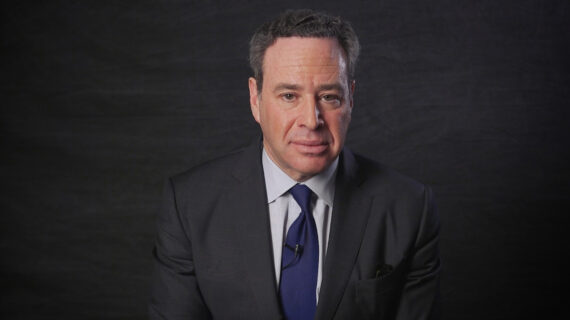Adapting to Climate Change: Markets and the Management of an Uncertain Future
By Professor Matthew Kahn
Published by Yale University Press, 2021
There are two kinds of people that aren’t fazed by global warming — climate deniers and economists. The former because they think global warming is a hoax, the latter because they believe the market system can mitigate and help reverse the damage of rising carbon emissions. Economists might have a point.
A story often told teaches much about how markets adapt to change. In 1968, the famous biologist Paul Ehrlich wrote his bestselling book The Population Boom, which predicted that population growth would outstrip the world’s supply of food, fresh water, and minerals. He used the ecological concept of carrying capacity to argue that the world could only sustain limited population growth. He predicted that by 1985 we would enter a world of mass starvation and drastic price increases in all mineral resources driven by ignorance, greed, and callousness.
Julian Simon, an economist at the University of Maryland, disagreed with Ehrlich’s reasoning. He challenged the biologist to pick five resources whose price would increase by 1990. Ehrlich chose nickel, copper, tin, chrome, and tungsten. Simon predicted all would fall in price even though the world’s population increased by 800 million when they made a bet in 1980. In 1990, Simon won the bet and received his winnings in a letter from Ehrlich; there was no note.
What happened?
As Simon predicted, humans adapt to changing circumstances as long as the price system and markets adjust with minimum government interference. In other words, when demand drives scarcity, incentives unleash human ingenuity. Our ability to cope increases over time as innovation takes place. When the price of one material increases, markets find substitutes at lower costs.
That was an essential insight by Nobel Prize economist Paul Romer who saw how quickly good ideas become “public goods,” boosting productivity. Those same principles can be used to mitigate the problems of a warming planet.
That’s the message of a new book Adapting to Climate Change: Markets and the Management of an Uncertain Future, by Matthew Kahn, professor of economics at Johns Hopkins University. Professor Kahn reminds us never to underestimate the power of human intelligence to help solve problems such as global warming because our capacity to adapt to climate change continues to accelerate.
Resources may well be limited in theory, but as Simon reminds us, the more we discover, the more we learn. It’s rare to have a policy book that supports an intelligent use of market economics endorsed by economist Tyler Cowen and urbanist Richard Florida — from different political perspectives — that encourages governments to use bottom-up incentives for corporations and individuals to make better decisions.
The problem today is that we are shaming countries to reduce overall levels of carbon emissions to 1990 levels, a goal all but impossible to meet.
Since the Paris Climate Conference in December 2015, carbon levels have continued to increase since there are no ways to enforce countries to keep their promises. Only a few countries are meeting their targets, such as Gambia and Morocco — hardly significant carbon emitters. On the other hand, Germany ranks high among carbon users and is determined to meet its carbon targets.
But under former Chancellor Angela Merkel, Germany is phasing out all nuclear and coal plants to reduce its net-zero greenhouse gas emissions by 2045. To those who know, this is extraordinarily ambitious. The problem is that it’s offloading its problem to China, a country that plans to open 43 new coal-fired power plants. Germany is now at the mercy of Russia — one of the world’s top polluters — where it gets over 50 percent of its current energy from gas and oil.
Professor Kahn doesn’t deny that temperatures are rising or that humans aren’t the cause. He accepts his colleagues’ findings in the environmental fields that carbon dioxide is a major anthropomorphic factor in global warming. His concern is that as long as nations resist policy options such as a worldwide tax on fossil fuels, policies that adapt to higher temperature levels are the only viable option. As long as the incomes of hundreds of millions rise around the world, per capita emissions will continue to outpace any progress made by switching to renewable resources.
If China alone reaches U.S. car ownership by 2070, electric or not, that means another billion vehicles on China’s roads.
Rather than lament our predicament, we can use our intelligence to lower the costs of global warming. We know rising temperatures affect productivity, test scores, crime, and health outcomes. Still, these can be mitigated to some extent with better air quality incentives such as air conditioning and less traffic congestion by working remotely. With the advantages of new insights from behavioural economics and Big Data, we’re better at letting people know how to avoid intense storms, flooding, and forest fires. Consider how quickly corporations, institutions, and people changed their behaviour without any central planning to the COVID-19 crisis or how rapidly markets reacted to finding a vaccine in record time. As Kahn makes clear, “we are not passive victims in the face of the punches Mother Nature throws at us.”
The chapter on cities is particularly enlightening. Government policy that encourages homeownership should be reversed to stimulate more rentals. High levels of homeownership tend to discourage people from moving to avoid the dangers of a changing environment, such as living close to areas of rising water levels or potential forest fires. Rather than subsidizing people to live in high-risk areas, policy should do the opposite.
Professor Kahn emphasizes that cities that make their environments resilient to climate change will be rewarded with more growth compared to those that stick to policies that ignore the dangers of rising temperatures. In agriculture, governments can avoid moral hazard costs by eliminating subsidies that stop farmers from switching from one crop to another.
The book is critical of academics who look at the past and extrapolate the effects of climate change over time without considering how humans adapt to different circumstances. This only exaggerates the impact of climate change by ignoring human behaviour.
Rising incomes worldwide aren’t bad news in and of itself, even though that means higher levels of energy use as we become more affluent.
We know that rich countries suffer lower costs and death from climate change than developing countries because the West has options denied to poor and developing nations. As incomes rise, wealthier countries demand to live in a world with cleaner air and safer environments. We shouldn’t fear adaptation; we should embrace the creative powers of humans to live better lives even as the world gets warmer. Professor Kahn’s book shows how we can do it.




